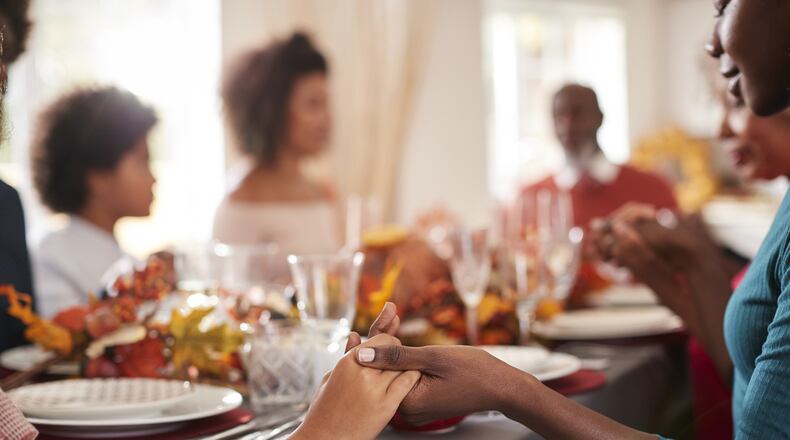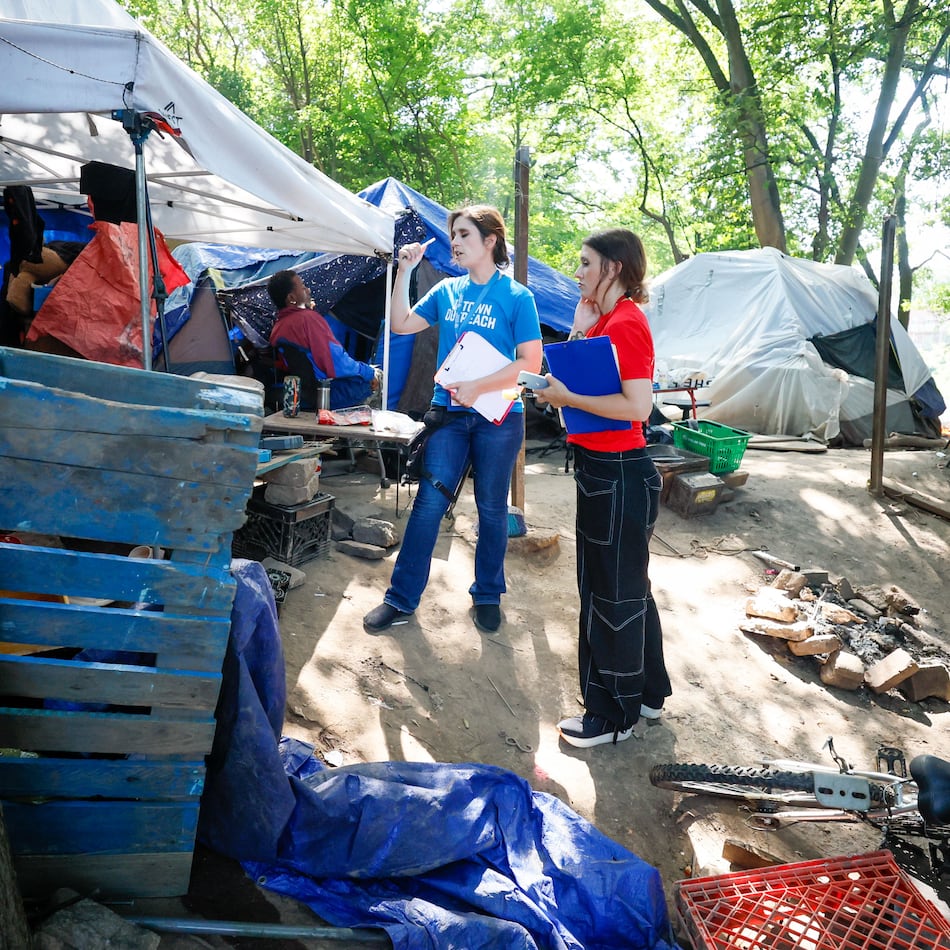Thanksgiving is a time of year when we traditionally focus on gratitude.
In my family, that involves sharing thanks and grace while sitting at a table overflowing with Thanksgiving fare. Our comments are reflective, to an extent, but also a prelude to the feast.
This year, as I radiate words and feelings of thankfulness to family and friends, I am also grappling with the more complex concept of forgiveness.
When it comes to forgiveness, on both a global and personal scale, it is difficult to move beyond platitudes to action. I’ve noticed that I’m not alone.
In January, the Children’s Museum of Atlanta presents “XOXO: An Exhibit About Love & Forgiveness” as a space for families and children in grades K-12 to reflect and generate conversations about forgiveness.
Last year, around this time, the Spiritual Living Center of Atlanta launched 28 days of Forgiveness to help us rid ourselves of anger and resentment and move toward inner peace.
I have wrongly viewed forgiveness as something you do once and it’s done, but I’m learning to view it as a journey that starts small and grows, like a muscle, until it finally becomes a reflex.
Studies on the power of forgiveness share the benefits it can have on personal health and the health of relationships, but there have been far fewer studies about our collective attitudes about forgiveness.
Research has documented the impact that forgiveness can have on our physical and mental well-being. When we learn to let go of anger, grudges or other negative feelings, we find greater peace of mind, which can lead to personal growth and improved mental health.
Practicing forgiveness can reduce stress and anxiety, build a healthier immune system, improve heart health and blood pressure and reduce inflammation in our bodies, especially in the bodies of older Americans.
A 2001 study from the University of Michigan found that among adults 45 and older, forgiving others was linked with better self-reported mental and physical health, suggesting that the benefits of forgiveness increase with age. These respondents reported lower levels of psychological distress.
But in 2010, research from the Fetzer Institute revealed something fascinating about forgiveness: we all want it, but we aren’t always good at giving it.
In the survey, 62% of respondents said they want forgiveness in their personal lives, while 94% want more forgiveness in the country. Yet, more than 50% of Americans feel we should never forgive criminals, murderers or people who are abusive or guilty of sex crimes.
Most revealing, however, is the 60% of Americans who say they will only forgive someone if the offender apologizes and makes changes.
It seems that what we know about how forgiveness works and what we believe about how it should work sharply diverges. It also seems that knowing forgiveness may be good for us, doesn’t necessarily move us to forgive.
Experts in forgiveness are clear in their findings that achieving forgiveness is something you do for inner peace — it isn’t something that is contingent on the person who harmed you offering an apology. And while forgiveness can change something inside of you, it doesn’t mean that the person you are trying to forgive is going to change at all.
We also have a bad habit of confusing forgiveness with reconciliation. It is possible to forgive someone without condoning their actions and to maintain boundaries to protect yourself or others from being hurt again. You don’t forgive with the expectation that everything will go back to normal. You forgive so you can stop dwelling on something that happened in the past.
It is also important to remember that there are different types of forgiveness and not all of them are healthy.
The researchers from the University of Michigan study found that people who practiced “proactive forgiveness” — actively seeking forgiveness from someone you’ve hurt or asking God to forgive someone who has hurt you — felt increased feelings of psychological distress.
Women are more likely to practice proactive forgiveness than men (48% of women compared to 37% of men), which offers some insight into who might be bearing the burdens of forgiveness.
I haven’t considered forgiveness this deeply in the past because forgiving others has always felt like something that fully formed humans should know how to do, not something we must learn and practice to perfect. But I now understand it is a continuous process that we are inclined to avoid.
Forgiveness can take time, and we should give ourselves the time to understand how we feel and to heal before seeking that inner peace that forgiveness can bring.
So, this Thanksgiving, I will explore forgiveness with the patience it requires, inviting it to the table with gratitude.
Read more on the Real Life blog: AJC.com/opinion/real-life-blog.
Sign up to get my column sent straight to your inbox: AJC.com/newsletters/nedra-rhone-columnist
About the Author
Keep Reading
The Latest
Featured


